
A bottle of bubbly makes a fabulous choice, whether you plan to indulge on a special occasion, enhance your wine collection, flaunt your party planner side, or craft hearty cocktails. The reason is its extraordinary personality, integrated with exceptional craftsmanship, taste, and complexity. Furthermore, like other wines, it possesses the charm of timelessness, aging finer with time.
However, a Concern You Should Address the Next Time You Stir the Air is: How Long Does Champagne Improve With Age?
To your surprise, most champagnes available on the market are designed to be enjoyed young and fresh, and only a specific segment is granted the allure of maturing.
But why is this a concern?
It’s low-key worrying because champagne expires and is meant to be savored within its lifespan. Imagine discovering a spoiled sparkling wine in your cellar just because it has been there for way too long. On the other hand, when you have opened the bottle in its drinkability window but leave it unattended, it can also go bad, leaving you teary-eyed as you pour it down the sink.
The key to safeguarding against these scenarios, whether your champagne is unopened or opened, is to store it properly. To ensure your upcoming bubbly events are covered, we present this blog, which addresses every possible concern, from whether champagne can spoil to how both opened and unopened champagne can go bad, including signs of spoilage and storage tips for both.
Does Champagne Go Bad?
Yes, champagne goes bad. Whether you have an unopened bottle of champagne or you have popped the cork, it will have a limited lifespan that can be perfectly preserved with proper storage.
In the case of unopened champagnes, most options available on the market are designed to be consumed young and fresh within a few years. It is mainly the vintage styles that have a lengthy shelf life of around 5–10 years, whereas high-quality non-vintage champagne lasts around 3–5 years.
On the other hand, in the case of opened champagne, the spoilage is largely accepted. Whether it is a vintage champagne, a quality non-vintage, a soothing rosé, or a crisp brut, an opened bottle of champagne will expire sooner than expected as it gets exposed to its surroundings.
If stored correctly, one can savor an open bottle of champagne for 1-3 days without it turning bad completely. Rest; there should be considerable emphasis placed on moderation as well as calorie intake, no matter what the special occasion is.
How Can Champagne Go Bad?
Have you ever noticed how a loaf of bread left unattended in the kitchen can turn into a mass of fungus in just a day or two? Similarly, champagne is a delicate drink that requires careful handling to avoid spoilage, primarily from external factors such as air, temperature, light, and vibrations.
- Unopened Champagne
Unopened champagne can go bad if not stored properly, including exposure to unfavorable conditions like harmful UV light or high temperatures, which can further lead to excessive pressure buildup, causing a stuck cork or bottle cracking. Additionally, champagne can expire when aged beyond its shelf life, such as when savoring a non-vintage bottle after 10 years—a total deal-breaker.
- Opened Champagne
Once you have popped the cork, spoilage will occur rapidly. Exposure to air initiates the loss of carbonation and a process called oxidation. Loss of carbonation causes the bubbly to go flat, while oxidation slowly breaks down the wine, resulting in a sour vinegar-like taste. To preserve the quality of an open bottle of champagne, it is recommended to consume it within 1–3 days.
Signs That Your Champagne Has Gone Bad.
When champagne deteriorates, its entire personality undergoes a transformation, affecting its appearance, taste, and aroma. To determine whether your champagne has expired or not, it is essential to pay attention to these possible indicators. Even if the bottle remains unopened, you’ll still need to open it to evaluate its condition.
- Off Odor: Champagne that has gone bad won’t please your sense of smell, as it will exude a very off-putting odor, most likely a moldy or musty smell.
- Flatness: Lively effervescence defines champagne. If your bubbly feels flat or still with no bubbles streaming towards the top, it has lost its carbonation and freshness.
- Sour Taste: It is a common rule that spoiled wine tastes like vinegar. If your bubbly feels acidic, vinegary, or overly tart, it is time to discard it.
- Unusual Color: Quality champagne looks golden and lustrous with a stream of bubbles rising through it. If the hue of the bubbly is brownish or rusty, it indicates that it has gone bad.
- Cloudiness: Spoilage in champagne is often reflected by poor clarity, characterized by cloudiness or haziness.
- Excessive Sediment: A dash of sediment floating in the bubbly is normal, but an excessive amount might be a sign of spoilage.
- Leaky Cork or Cracked Bottle: If the cork shows any sign of leakage or the bottle is cracked anywhere, it can indicate the possibility of champagne being spoiled due to exposure to the air.
- Damaged Foil or Cap: A damaged cap or foil covering the foil can allow air to seep into the bottle, leading to spoilage.
- Excessive-Aging: Aging champagne beyond its shelf life (e.g., a non-vintage) can spoil its vibrancy and effervescence, making it less enjoyable to drink.
Can You Get Sick By Drinking Champagne That Has Gone Bad?
Drinking a little spoiled champagne probably won’t make you sick, as the alcohol in it will still prevent harmful bacteria and microorganisms from growing. But it’s better to avoid it because it might taste bad, upset your stomach a bit, or trigger an allergy to certain wine compounds like sulfites or histamines.
In case your champagne has gone bad, you can take it on a culinary quest instead of draining it out. Take your spoiled bubbly and spoil it a bit with scrumptious preparations, like champagne vinegar, a reduction sauce, cocktails, champagne jelly or jam, martining fruits, or making fizzy sorbet.
Tips For Storing An Unopened Bottle Of Champagne
As we discussed, a proper storage approach is essential to ensuring that an unopened bottle of champagne remains at its best throughout its entire potential lifespan. So, if you wish to preserve the exquisite qualities of your bubbly, whether it’s for a special day or to savor its unique nuances, here are some tips to follow:
- Place Upright: Store your unopened champagne upright, as it will reduce the surface area exposed to the cork, preventing it from drying out and allowing air to seep in.
- Consistent Temperature: Ensure to store champagne at a cool, consistent temperature, ideally around 45°F, as it aims to slow down aging, preserve flavors, and maintain carbonation.
- Darkness: Though champagnes are different from wines, they both can become “lightstruck”. So make sure to store your unopened bottle in a cool dark place to avoid turning its flavors and aromas off-putting.
- Vibrations: To avoid any disruptions in the sediment and quality, store your unopened bottle in a place that is free of vibrations.
- Humidity: Aim for a storage space with around 70% humidity, as it will keep the cork moist.
- Avoid Odors: Keep your bubbly away from strong odors, as the cork can absorb them, further affecting the bubbly’s taste and aroma.
Tips For Storing an Opened Bottle Of Champagne
A standard bottle of champagne typically serves 6 glasses, often leaving you with leftover champagne. Preserving an opened bottle of champagne can be a more delicate affair compared to an unopened one since it is already exposed to the air and tends to lose its liveliness rapidly. So, if you ever wish to extend the finesse of your opened-up bubbly, here are some tips to follow:
- Reseal It Properly: Firstly, reseal your bubbly with either a champagne stopper, the original cork, or plastic-wrapping the top with a rubber band. It is crucial as it will oxidize soon, fainting off liveliness with each passing second.
- Limit Exposure to Air: To further minimize the chance of oxidation, transfer your leftover champagne to a smaller bottle. This will automatically reduce the amount of air in contact with the wine.
- Refrigerate: Store champagne at a cool temperature, around 45°F, as it will significantly slow down the oxidation process and preserve the flavors of the champagne.
- Keep It Upright: Place the opened-up bottle of bubbly upright to minimize the surface area in contact with the air, further reducing the chance of oxidation.
So here we end with a reliable way to store champagne that you have opened. Be sure to drink your bubbly within 1–3 days to retain its carbonation and flavor. If you happen to find your leftover champagne tasting tart and unappealing, don’t hesitate to use it in cocktails or jams, as mentioned earlier.
Do All Champagnes Improve With Age?
No, not all champagnes improve with age, as most cuvees are crafted with the intention of being consumed relatively young and fresh. There is a certain segment of champagne styles that tend to exhibit impressive aging potential.
Vintage champagnes, which are crafted from single harvests, generally age better than non-vintage ones, which are essentially blends of multiple vintages.
Furthermore, Prestige Cuvees, top-tier champagnes made exclusively from premier grapes, are also designed for extended aging. Lastly, high-quality single-grape expressions like Blanc De Blancs and Blanc De Noirs also age gracefully, showcasing their remarkable elegance.
| Champagne Style | Aging Potential |
|---|---|
| Vintage Champagne | 5-20+ Years |
| Prestige Cuvee | 10-30+ Years |
| Blanc De Blancs | 3-15+ Years |
| Blanc De Noirs | 3-15+ Years |
List Of Age-Worthy Champagnes
Are you eager to discover age-worthy champagnes that can surpass your wine collection, whether as a wise investment or a classic addition for an upcoming milestone? Then, look no further than these baller vintage and non-vintage champagnes, painstakingly crafted to transcend the bounds of time. They are nothing short of jaw-droppingly premium, timeless, and nuanced.
Frequently Asked Questions (FAQs):
-
Does champagne spoil?
Yes, champagne can spoil over time or rapidly after you have opened the bottle.
-
Does unopened champagne go bad?
An Unopened bottle of champagne can go bad if not stored correctly or beyond its suggested lifespan.
-
Does champagne go bad after opening?
Yes, once you have opened the bottle, champagne will expire rapidly due to exposure to air.
-
How long does champagne last unopened?
Unopened champagne typically lasts a few years, with vintage ones lasting longer than non-vintage ones.
-
How long does unopened sparkling wine last?
Champagne and other sparkling wines typically have a shelf life of 3–5 years, depending on their style and quality.
-
How long can you keep champagne after opening?
Once you have popped the cork, you can keep your bubbly for up to 1-3 days if stored correctly.
-
How to store unopened champagne?
Store an unopened bottle of champagne upright, at a cool dark place that is free of vibrations and strong odors.




















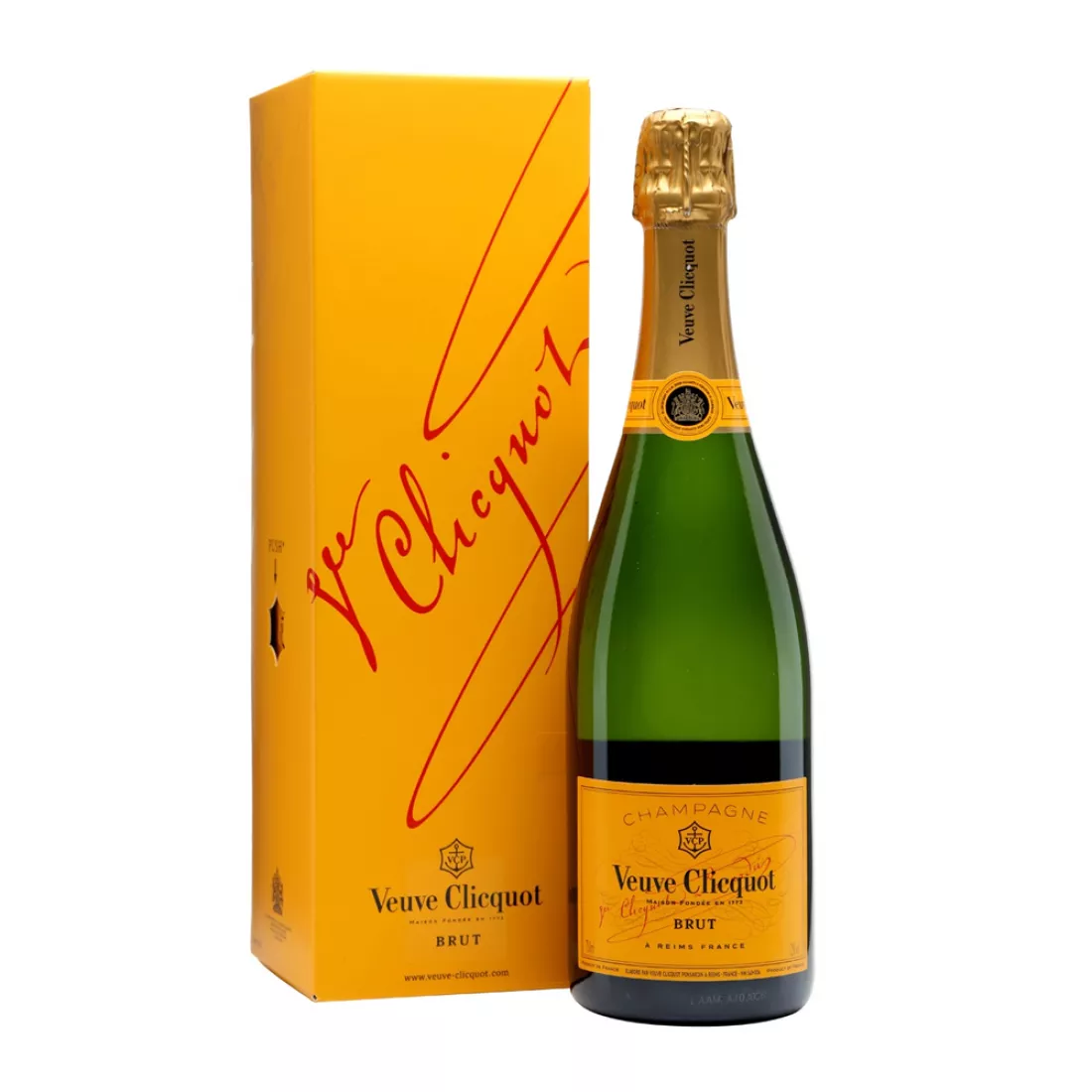
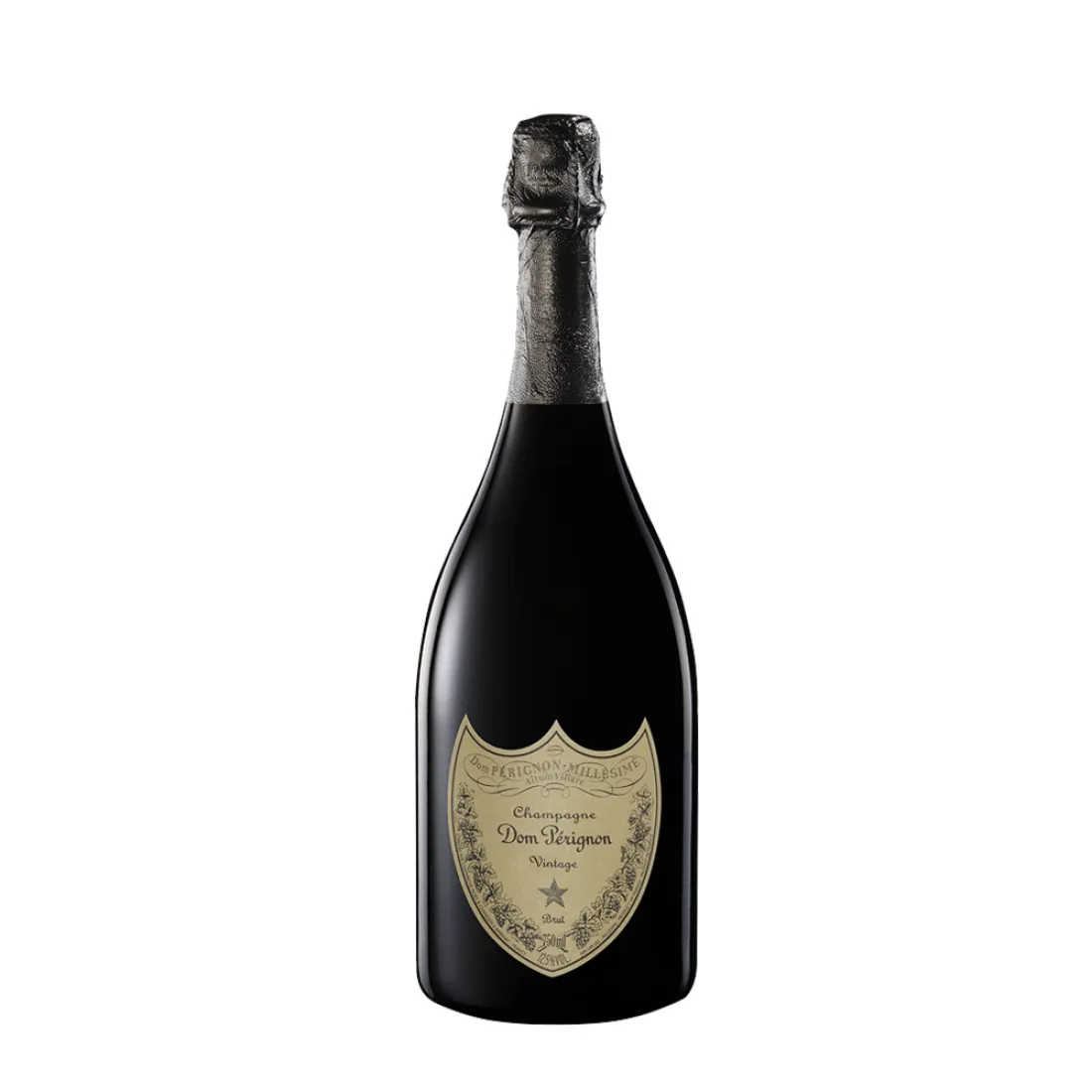
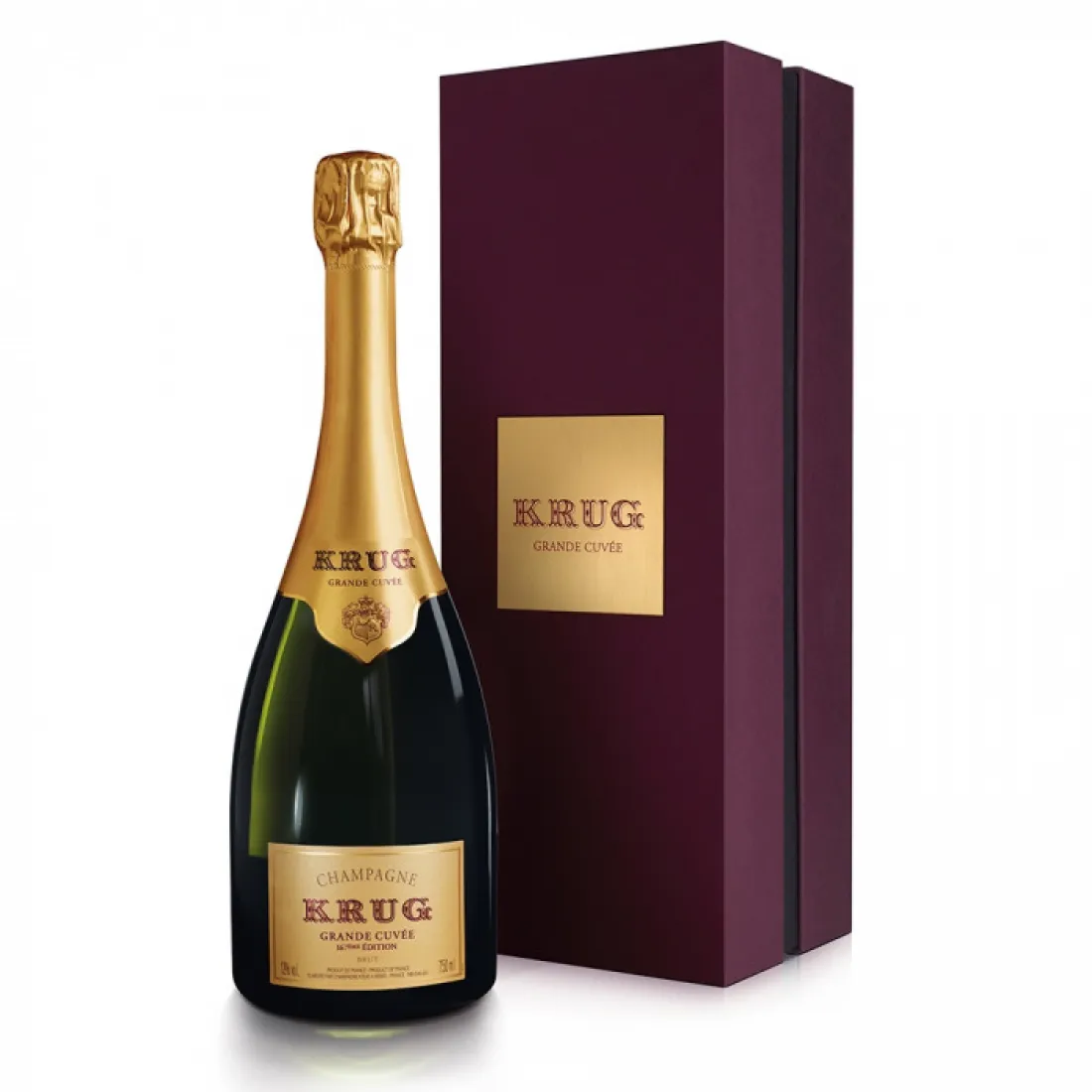
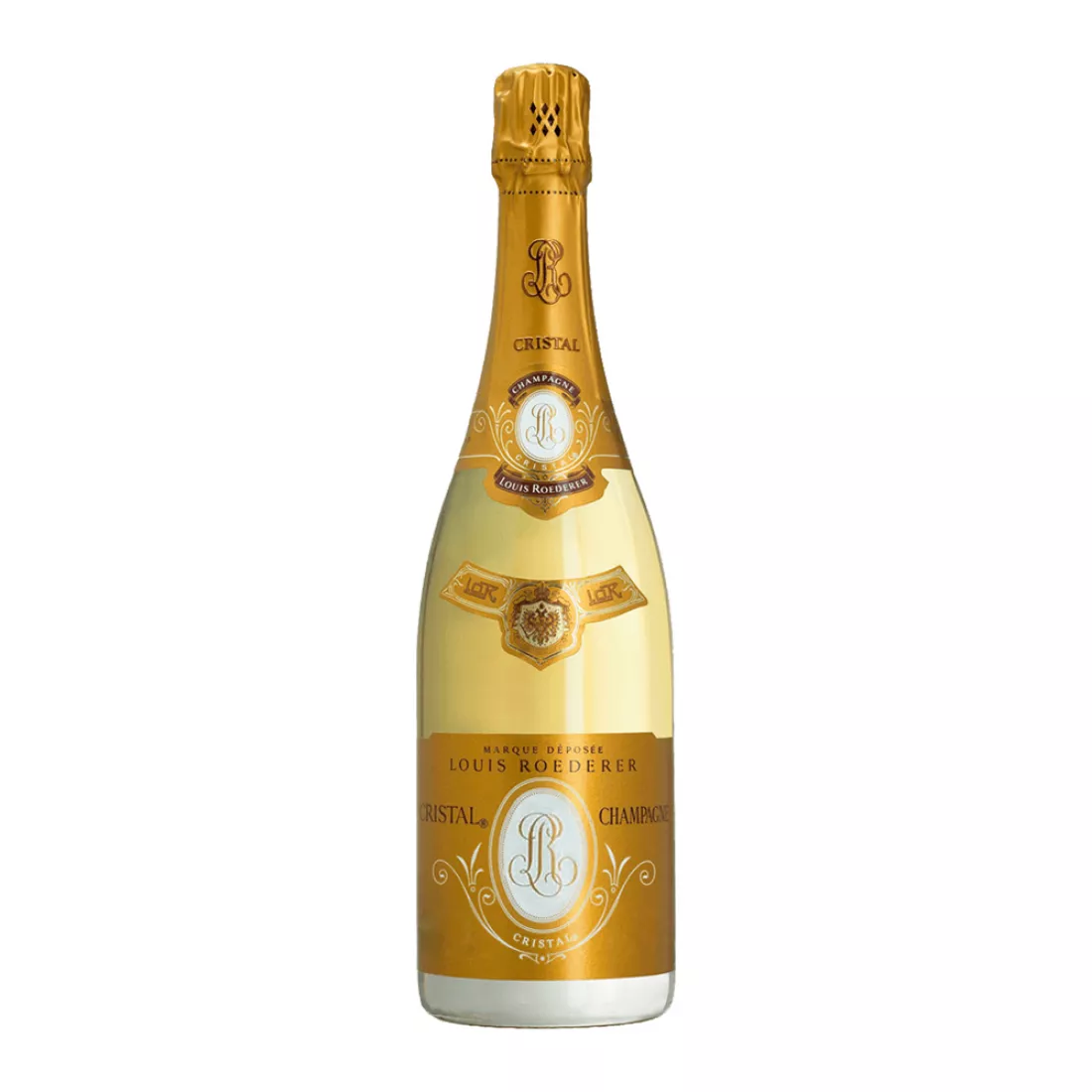

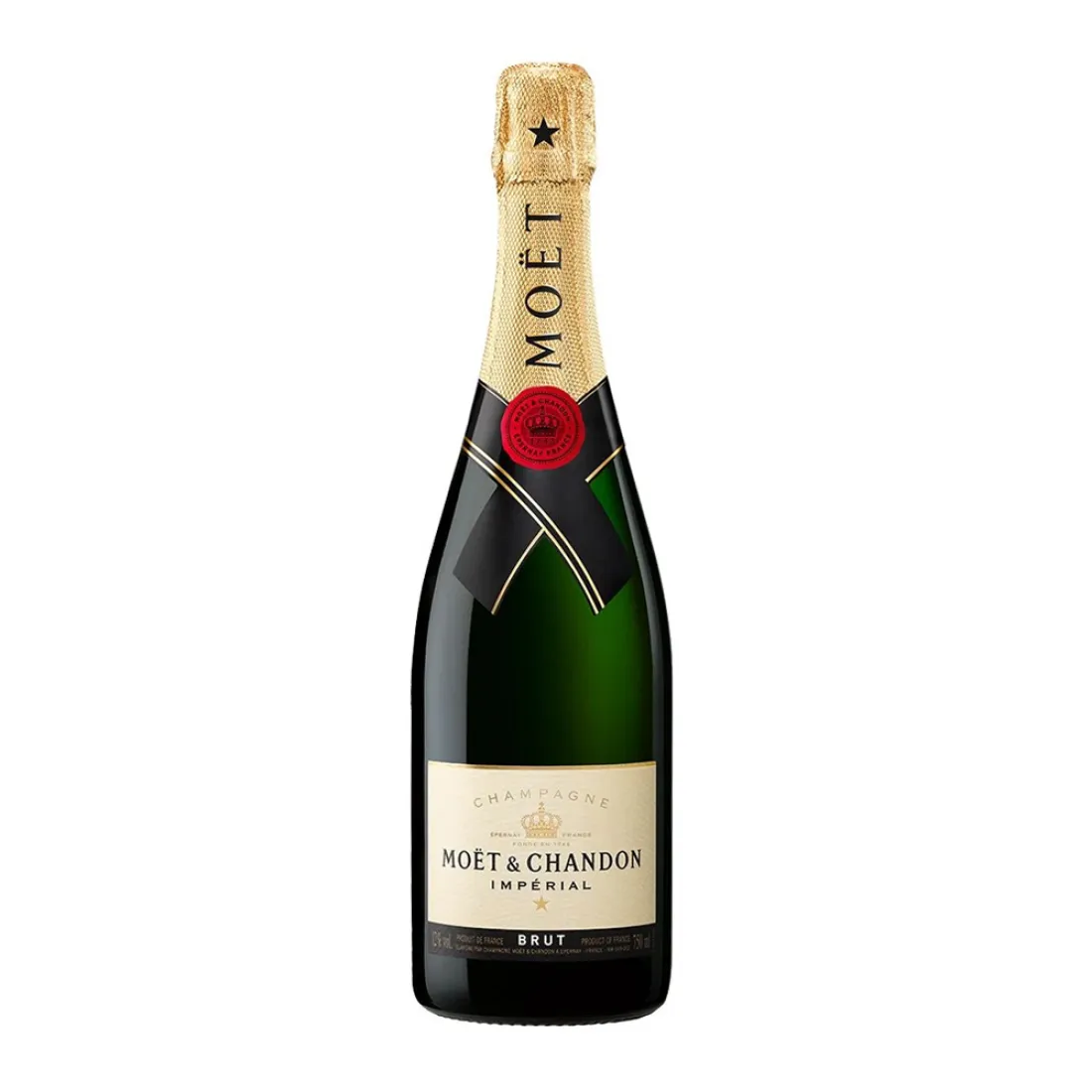

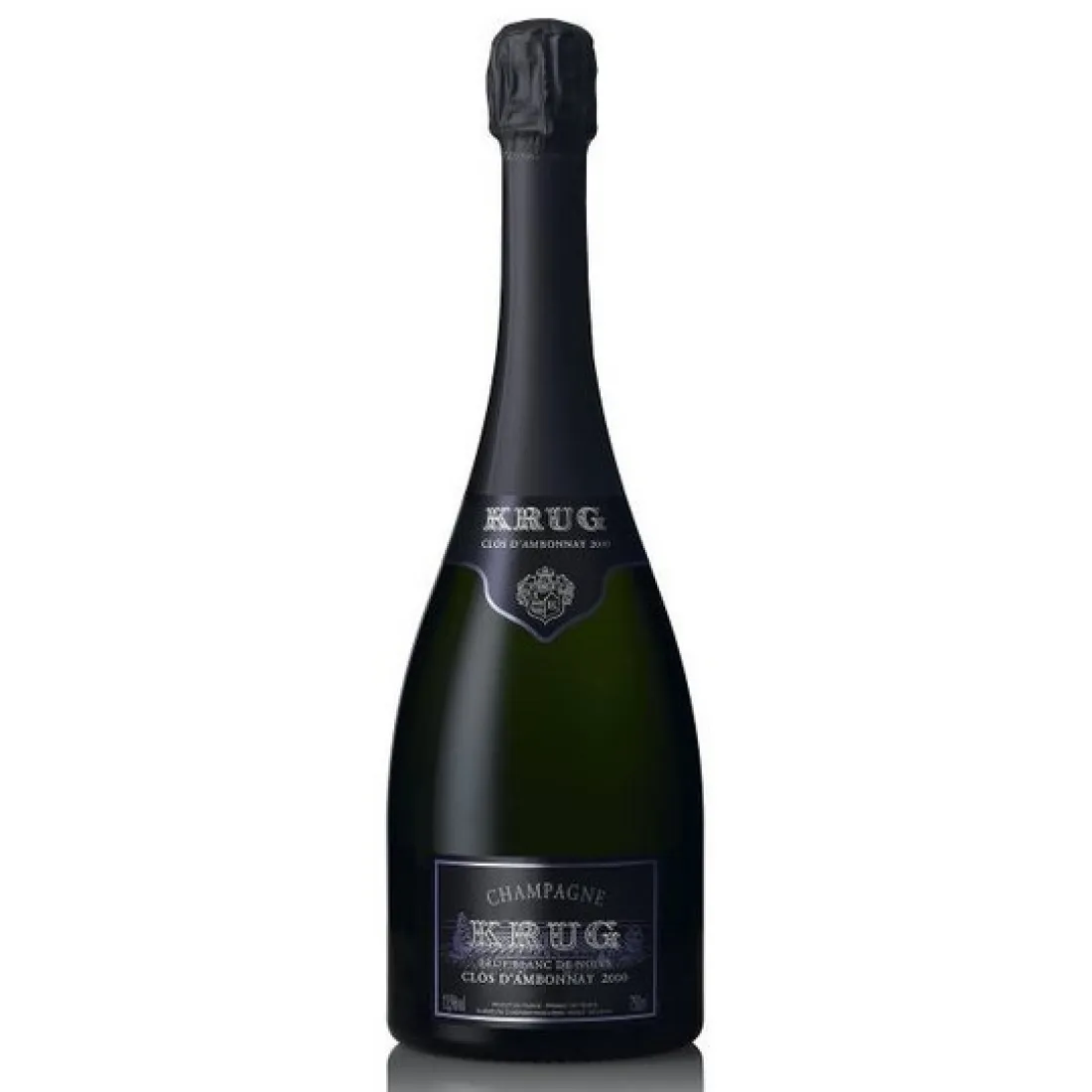
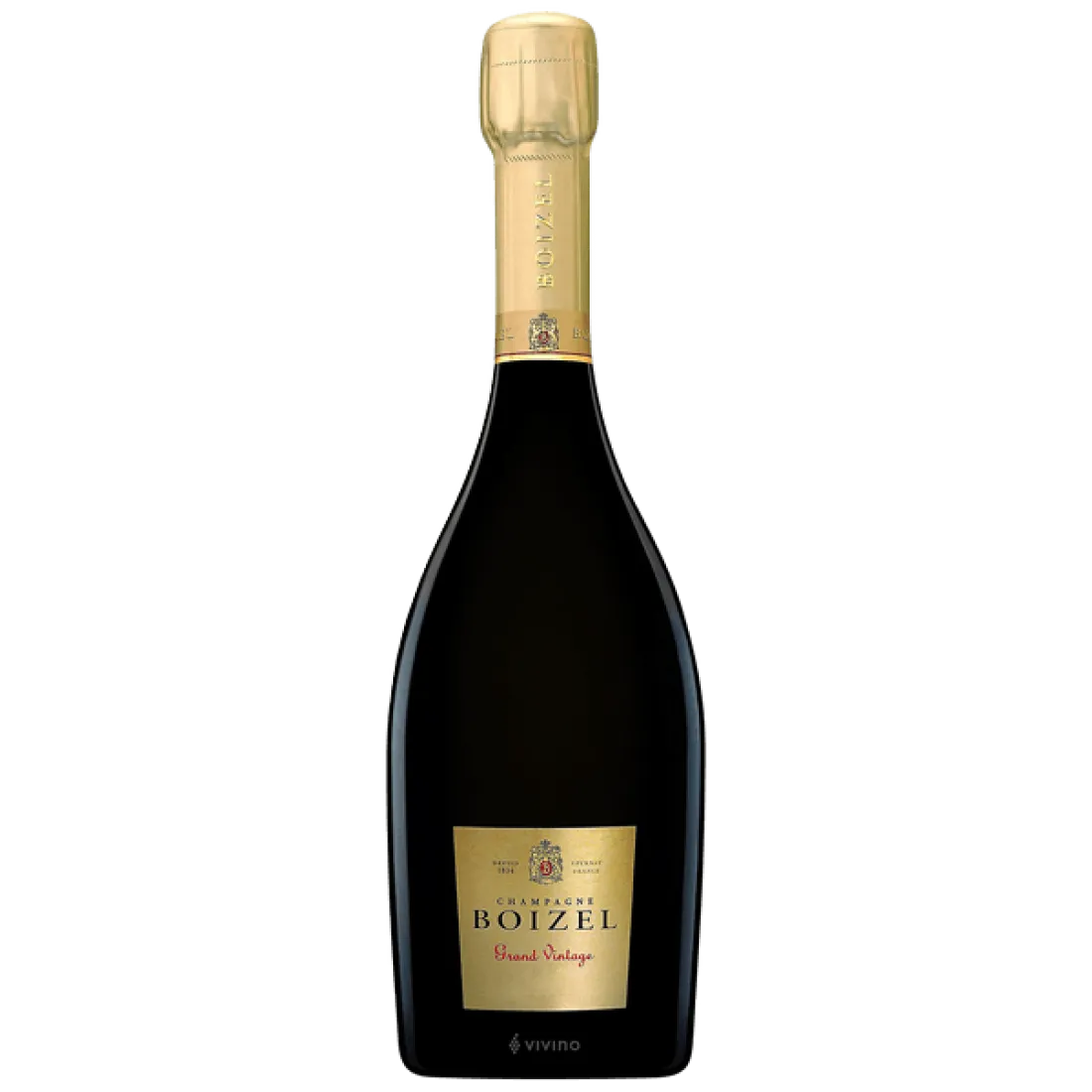
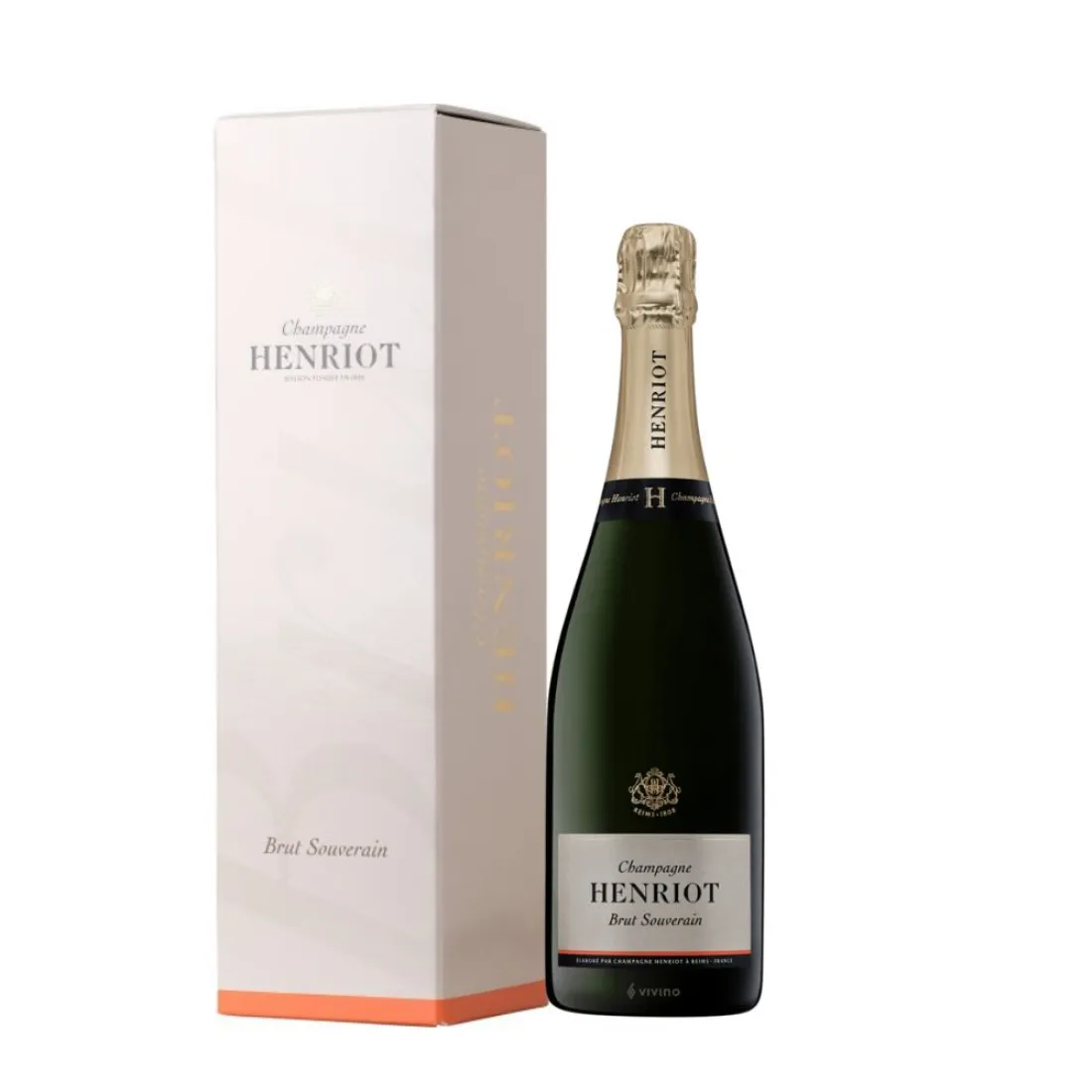
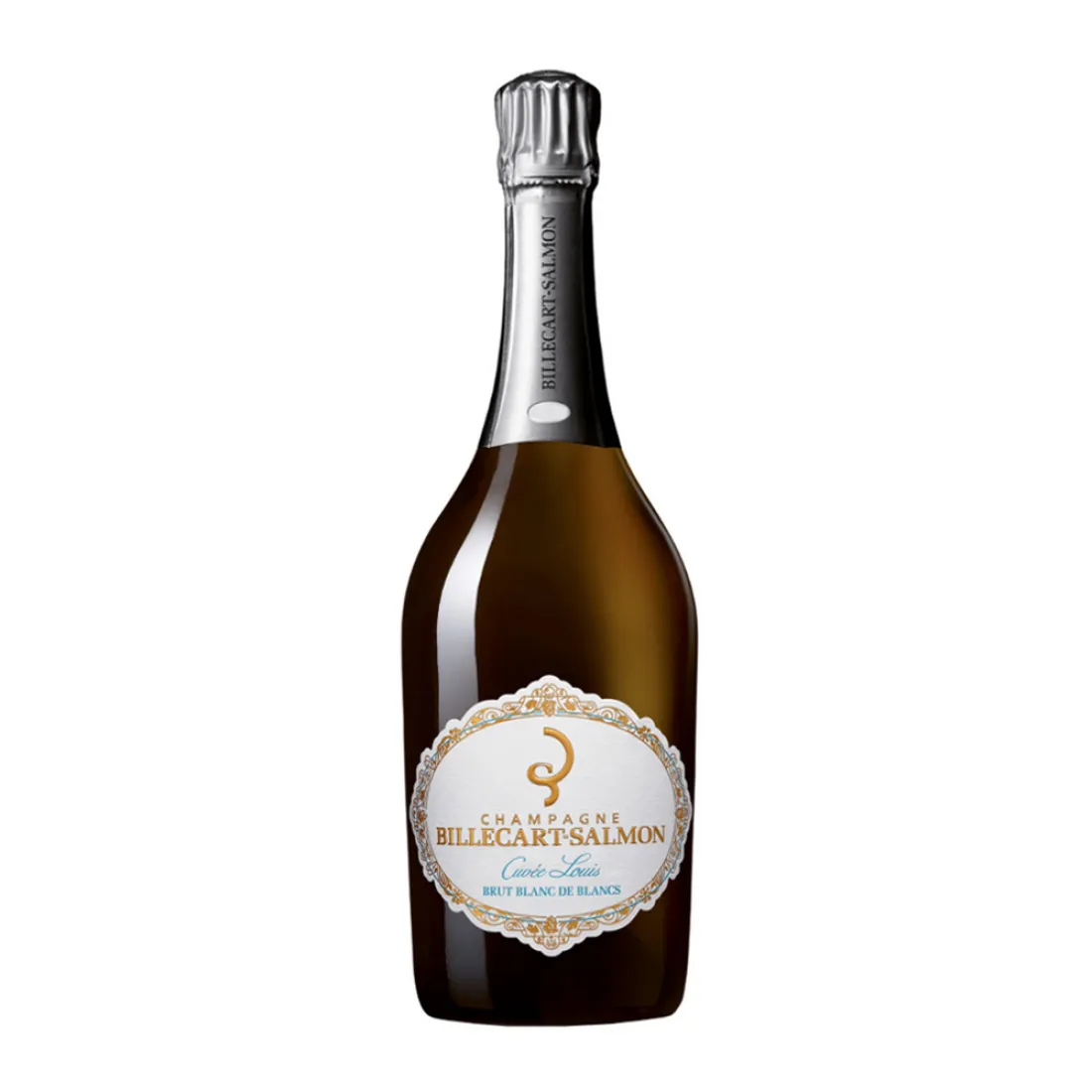
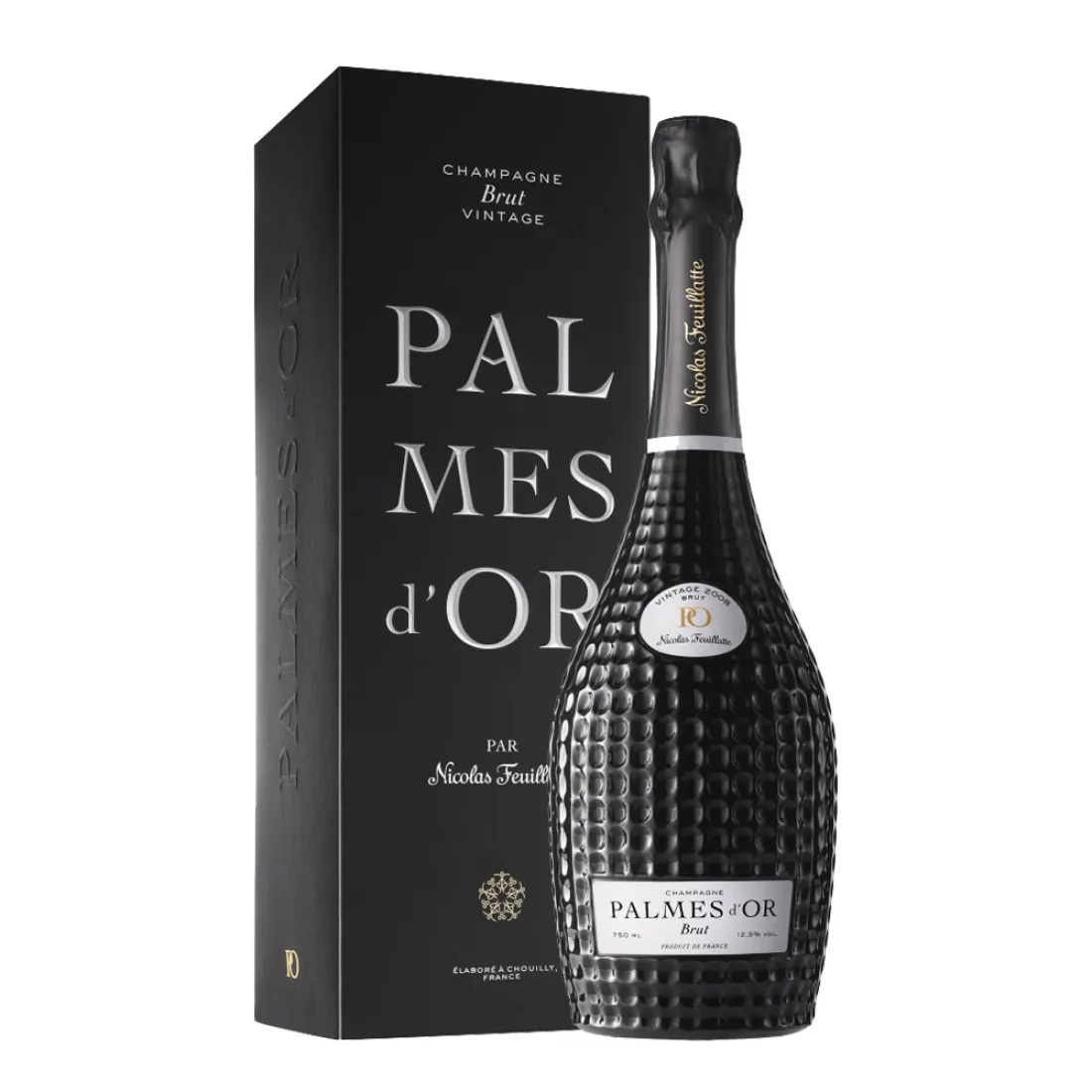
Leave a Comment